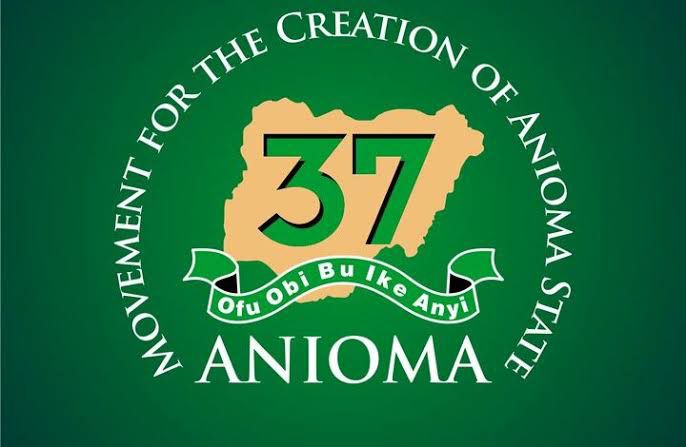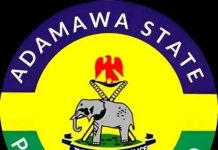By Chukwuma Okorama
The creation of Anioma State does not only present a practical and strategic solution to the numerical imbalance facing Ndigbo. Looking at the landmass of the existing states in the South-East, it becomes even clearer why Anioma is the best candidate for state creation
Consider this: the five states in the South-East—Anambra (4,844 km²), Imo (5,530 km²), Ebonyi (5,670 km²), Abia (6,320 km²), and Enugu (7,161 km²) – are smaller in landmass compared to many other states across Nigeria. The creation of Anioma State, with an approximate landmass of 5,930 square kilometers, and comprising nine Local Government Areas—Aniocha North, Aniocha South, Ika North East, Ika South, Ndokwa East, Ndokwa West, Oshimili North, Oshimili South, and Ukwuani – each with its own unique economic and cultural contributions to the region, presents a balanced and pragmatic solution to this disparity.
Dividing any of these existing South-Eastern states to create an additional state would only fragment smaller states further. The creation of Anioma State, on the other hand, avoids this dilemma, and offers a viable new state for Ndigbo without undermining the integrity of the current South-East states.
This is one of the compelling reasons why Anioma is a preferred new state for Ndigbo—an opportunity to strengthen the South-East without compromising the size or capacity of the existing states.
Anioma State is not only justifiable by its landmass but economically viable. The nine local government areas that make up Anioma are rich in both human and natural resources. The region boasts significant oil and gas reserves, especially in Ndokwa West and Ndokwa East, where multinational oil companies like Agip and Sterling Global operate.
In addition to oil and gas, Anioma is also an agricultural powerhouse. The region’s fertile lands are well-suited for the cultivation of crops like cassava, yams, and palm produce, making it a vital component of the region’s food security strategy. The Anioma people are industrious and entrepreneurial, and their agricultural output—if further supported by state-specific policies—could lead to notable improvements in the nation’s agricultural economy.
Moreover, the region’s human capital is exceptional. Anioma has produced some of Nigeria’s brightest minds in academia, business, public service, and the arts. This wealth of talent will ensure that the new state is well-governed and that its resources are harnessed efficiently for development.
Why balkanize and weaken the already existing South Eastern states that are relatively small in sizes when there is a viable alternative in Anioma, which is both geographically and politically ready for statehood?
Rather than carving out a new state from the already small landmass of Anambra, Imo, Ebonyi, or any other South-East state, Anioma provides a better path forward.
Chukwuma Okorama writes from Abuja

















